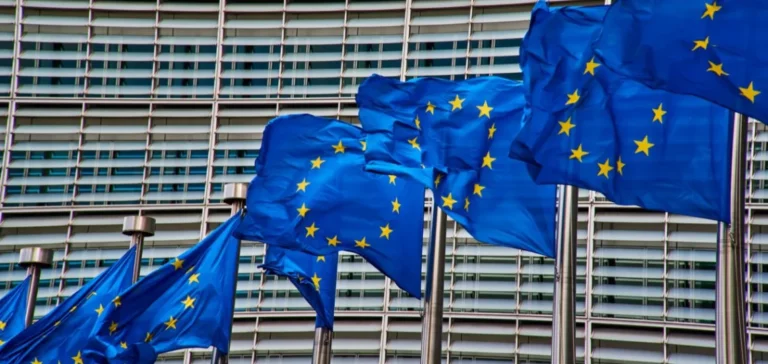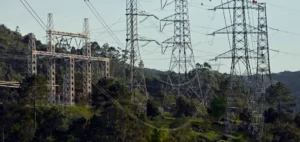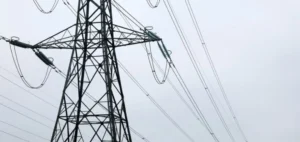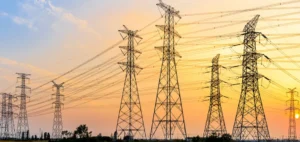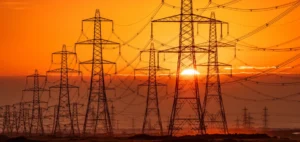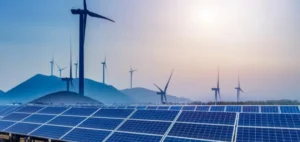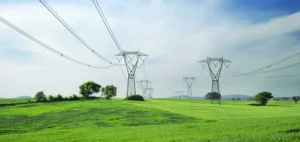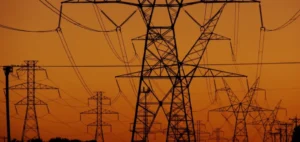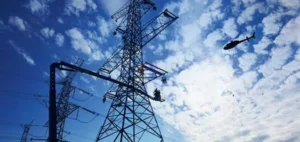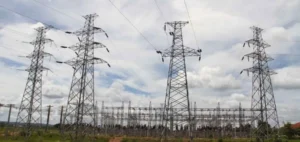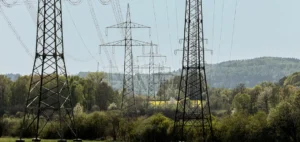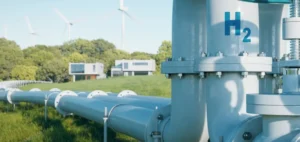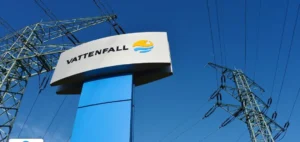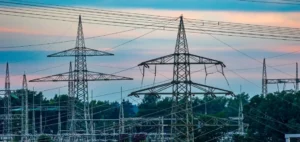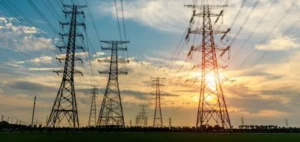Three energy infrastructure projects across six European countries will receive a total of EUR76.3mn ($80.63mn) in European Union funding through the Connecting Europe Facility – Energy (CEF Energy). The decision, adopted on 22 September, follows the 2024 call for works and studies for cross-border renewable energy (CB RES) projects.
The selected projects aim to enhance regional energy cooperation, develop new renewable energy generation capacity and reinforce existing networks. Only projects holding CB RES (Cross-Border Renewable Energy) status are eligible for this type of funding.
District heating network between Poland and Germany
The Unified Network for Innovative Transition in Energy Decarbonisation of HEATing project will receive more than EUR18.7mn ($19.77mn) to create a renewable energy-based district heating system between the twin cities of Zgorzelec (Poland) and Görlitz (Germany). The interconnection is expected to be completed by 2030, making it one of the first cross-border renewable-powered district heating systems in the European Union.
Onshore wind park on the Estonian-Latvian border
The ULP-RES Wind Park project has secured EUR32.5mn ($34.37mn) in funding to build a 200 MW onshore wind farm across the Estonia-Latvia border. The initiative is designed to strengthen renewable electricity supply in the Baltic region and promote closer energy cooperation between the two Member States.
Pre-construction studies for offshore wind in the Baltic Sea
A third project, the Saare-Liivi Offshore Wind Park, receives EUR25mn ($26.42mn) to conduct pre-construction studies for an offshore wind farm in Estonian coastal waters. The wind farm, with a maximum potential capacity of 1.2 GW by 2033, is underpinned by a planned statistical transfer agreement with Luxembourg, in line with the Renewable Energy Directive.
The CB RES framework facilitates joint investments in cross-border energy infrastructure. The next deadline to obtain CB RES status is 5 February 2026, with a new call for projects expected in November 2025.


